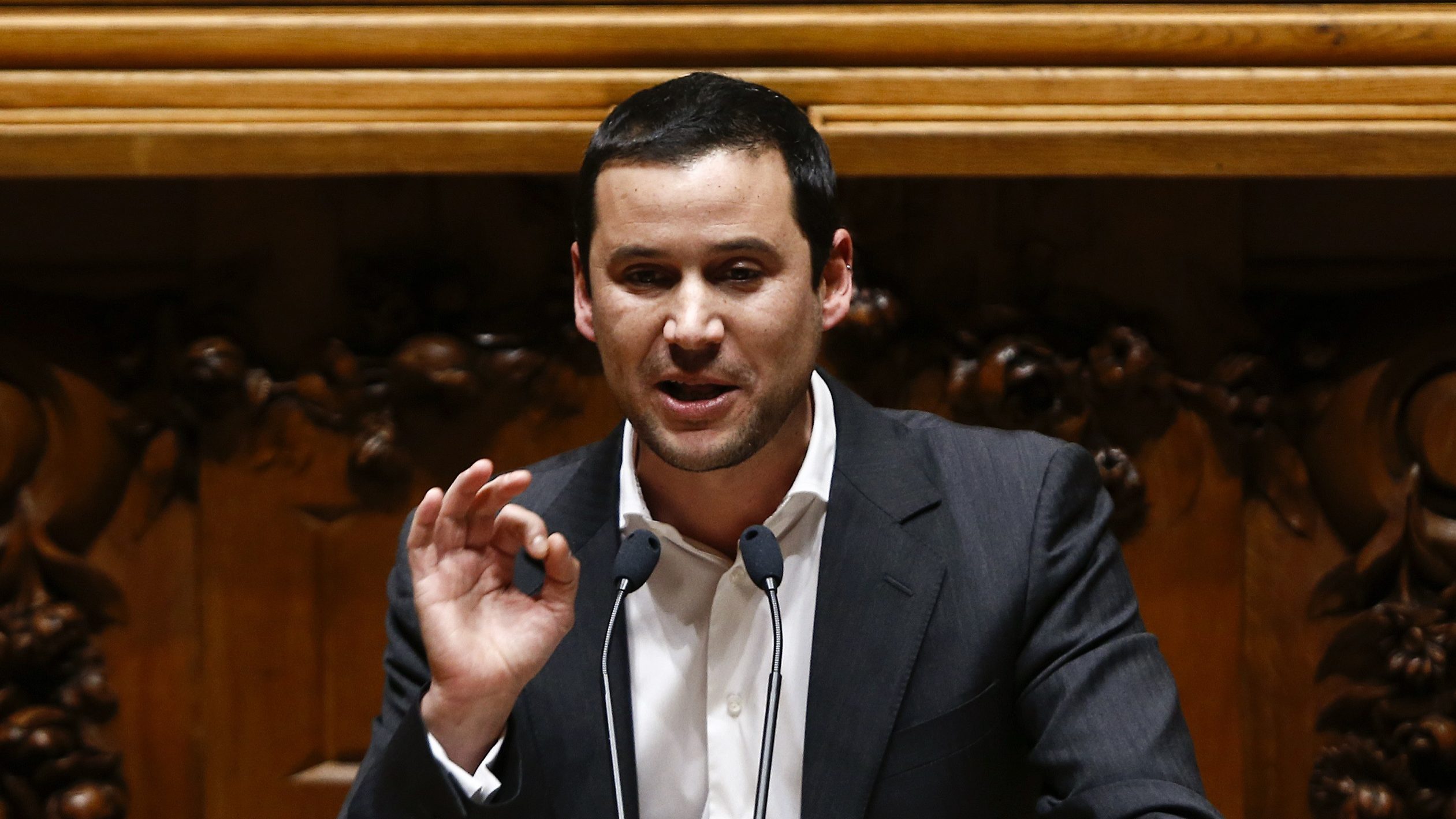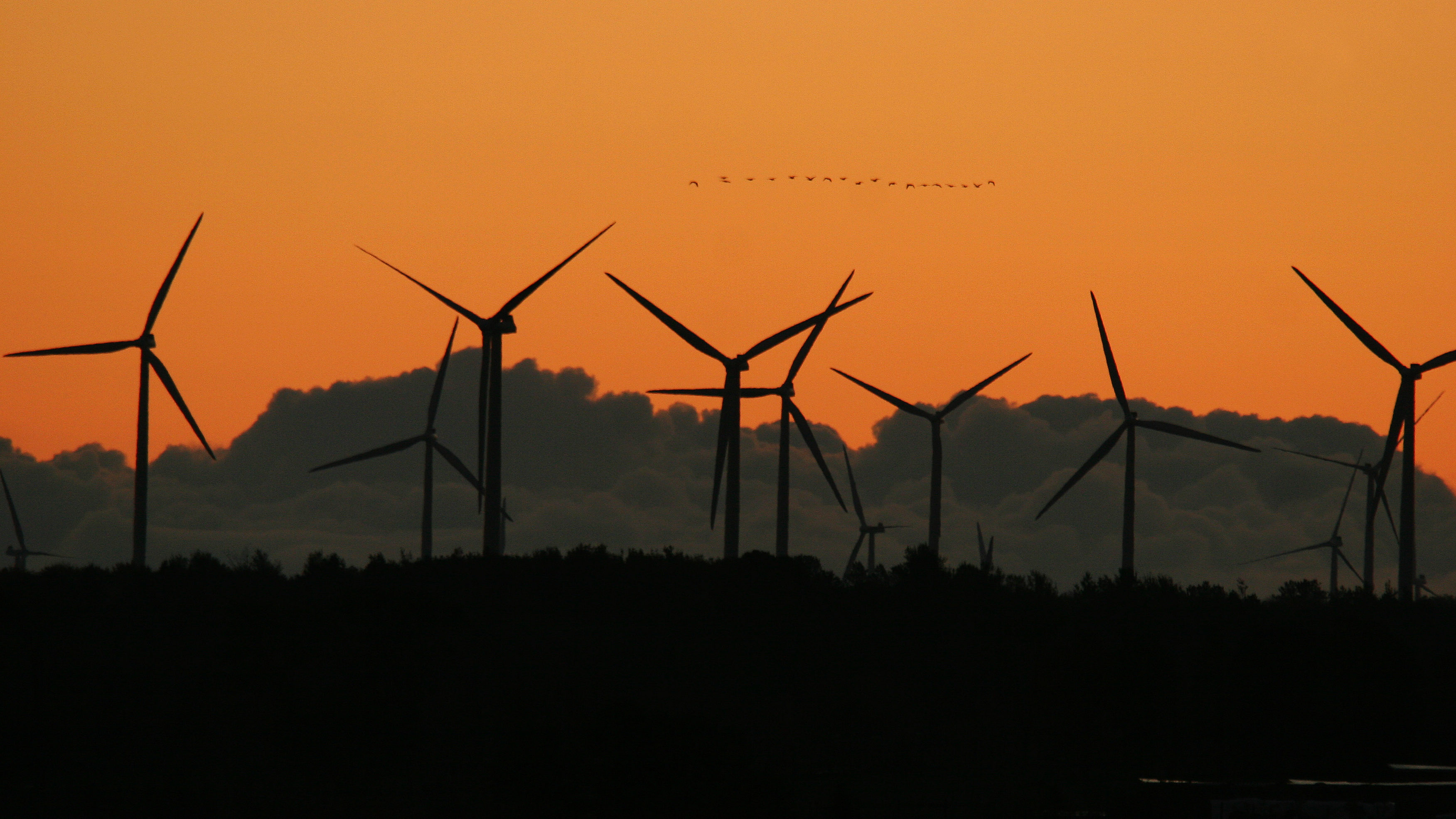Portugal: Climate plans unable to meet Paris agreement objectives
The CAN Europe considers that Portugal is unable to achieve the long-term objectives of the Paris Agreement because of its National Energy and Climate Plans (PNEC).
The European Climate Action Network (CAN Europe) considers that many countries, including Portugal, are unable to achieve the long-term objectives of the Paris Agreement because their National Energy and Climate Plans (PNEC) are insufficient.
CAN Europe, a coalition of NGOs for climate and energy, released today a report analysing the shortcomings and opportunities in the PNECs of 15 European countries, one of them Portugal, and concluded that Denmark is the only exception to the “low ambition” of the PNECs analysed.
In the document, made through the LIFE Unify Project (Unify: Uniting the EU in Climate Action), which monitors the implementation of the PNECs of several EU countries, it is said that Portugal can still improve its PNEC, particularly in the area of energy efficiency.
Portugal presented the PNEC at the end of last year and approved a final version last May 21st. The PNEC now approved establishes new targets for the reduction of greenhouse gas emissions, the incorporation of renewable energies and energy efficiency.
It proposes 58 lines of action and 206 measures to decarbonize society and for the energy transition, articulated with the Roadmap for Carbon Neutrality 2050, the year in which Portugal should not produce more carbon dioxide than it can absorb (through the forest, for example).
The report published today by the European Network, and in Portugal by the environmental organisation Zero, states that there are improvements in the final versions of the PNECs of the 15 EU member states analysed, but warns that the improvements “are still not enough to act as a catalyst for the energy transition needed to achieve the long-term objective of the Paris Agreement”.
And in the report CAN Europe asks member states to continuously improve their PNECs, even going beyond what is requested by the EU, in order to meet the climate and energy targets for 2030.
In relation to Portugal’s PNEC, the report points positively to decentralized renewable electricity production, more investment in railroads and investment in reforestation with native trees. The “low ambition” in terms of energy efficiency is indicated as “the biggest failure”, although “it presents opportunities for greater action at this level”.
“The Portuguese plan has another failure to highlight because, despite mentioning it, it does not specify how the implementation of the plan will be monitored and will be available to the population, so that they can follow the development of this fundamental work and participate more in this process,” says a summary of the report released today by Zero.
Quoted in the statement, the president of Zero, Francisco Ferreira, said that to ensure that the PNEC meets the objectives “society has an important role in monitoring the performance of policies and measures planned.
And Wendel Trio, director of Can Europe, recalls in the same document that the PNEC prepares the ground for greater climate ambition in Europe and investments for the next 10 years, with the aim of achieving climate neutrality and stimulating the economy.


